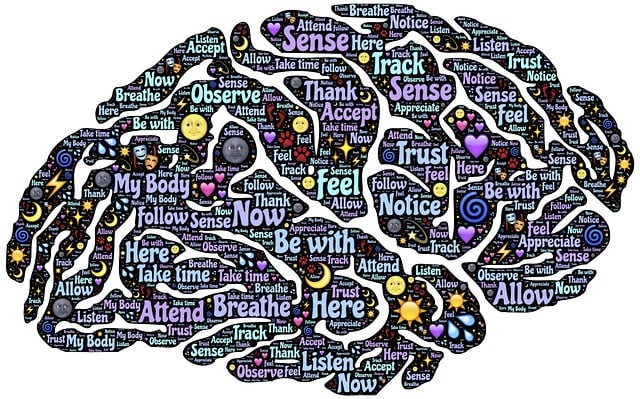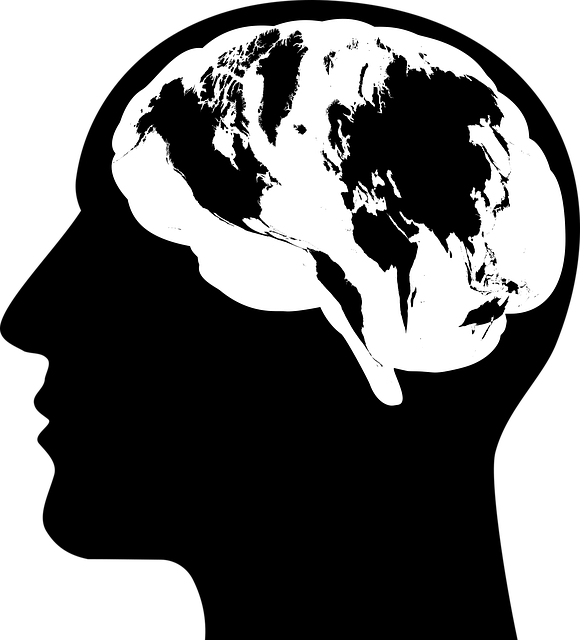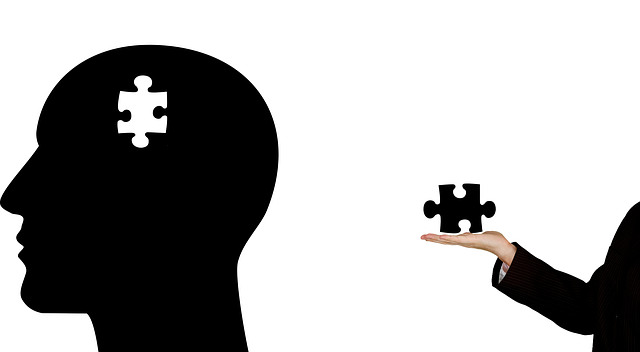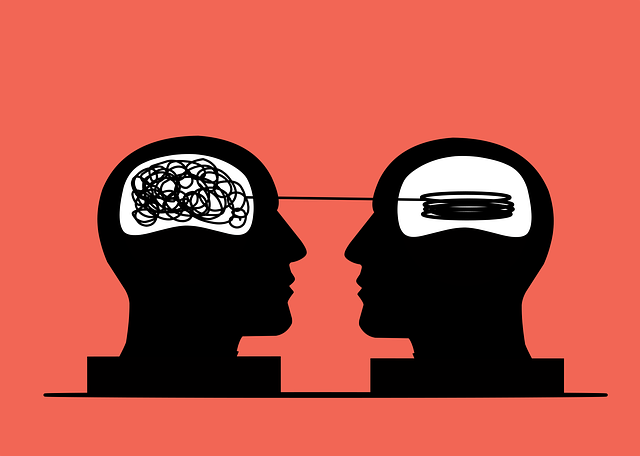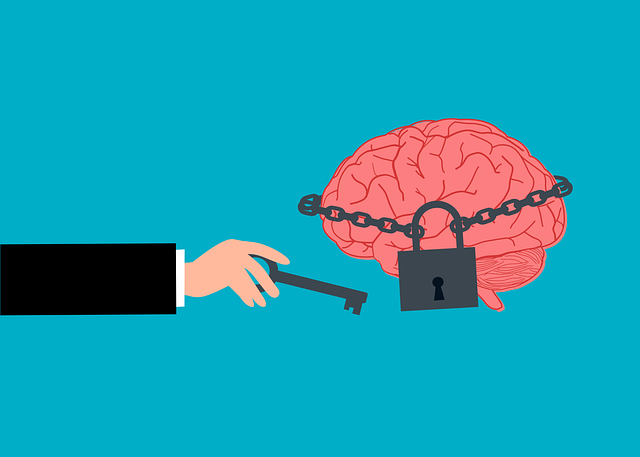Healthcare provider burnout, a growing concern impacting well-being and patient care, arises from high workload, emotional demands, and poor work-life balance. Early intervention through conflict resolution, emotional intelligence training, and public awareness can prevent burnout. Institutions should implement structured self-care programs, including regular mental health evaluations like Centennial Bariatric Evaluations Therapy (CBET), to identify risks early. CBET offers a holistic approach integrating mental wellness coaching with specialized evaluations to address the mind-body connection, empowering professionals with stress management tools for enhanced job satisfaction and improved patient outcomes.
Healthcare provider burnout is a growing concern, impacting not only individual well-being but also patient care. This article explores strategies to prevent burnout among healthcare professionals in clinical settings. We delve into the signs and causes of this pervasive issue, offering comprehensive solutions. Additionally, we highlight an innovative approach: Centennial Bariatric Evaluations Therapy, drawing parallels with ancient healing methods for modern burnout care. By addressing these aspects, we aim to equip healthcare providers with tools to thrive in their professions.
- Understanding Burnout Among Healthcare Providers: Signs and Causes
- Comprehensive Strategies for Preventing Burnout in Clinical Settings
- The Role of Specialized Evaluations and Therapies: A Century-Old Approach to Modern Burnout Care (Centennial Bariatric Evaluations Therapy)
Understanding Burnout Among Healthcare Providers: Signs and Causes

Burnout among healthcare providers is a growing concern, impacting not just individual practitioners but also patient care and the broader healthcare system. It’s crucial to recognize that burnout isn’t simply fatigue; it stems from a combination of factors. High workload, long hours, emotional demands, lack of control, and poor work-life balance are key contributors. For healthcare professionals like those providing Centennial Bariatric Evaluations Therapy, these stressors can be exacerbated by complex patient needs, ethical dilemmas, and the constant need to stay updated with medical advancements.
Signs of burnout range from physical and emotional exhaustion to cynicism and detachment from work. Individuals may experience insomnia, changes in appetite, irritability, decreased productivity, and a diminished sense of accomplishment. By addressing these signs early and implementing effective strategies like conflict resolution techniques, emotional intelligence training, and public awareness campaigns development, healthcare organizations can foster a healthier and more sustainable work environment for their staff, ultimately enhancing patient care outcomes.
Comprehensive Strategies for Preventing Burnout in Clinical Settings

In clinical settings, preventing burnout among healthcare providers is a multifaceted endeavor that demands a comprehensive approach. Beyond traditional stress management techniques, institutions should integrate structured programs focusing on self-care practices tailored to the unique needs of medical professionals. This includes regular sessions for mental health evaluations, such as Centennial Bariatric Evaluations Therapy, which can help identify and mitigate potential risks early. By fostering an environment that prioritizes well-being, healthcare organizations can enhance staff retention and improve patient outcomes.
Additionally, implementing risk assessment tools specifically designed for mental health professionals can be transformative. These assessments not only recognize burnout triggers but also promote proactive interventions. Encouraging self-esteem improvement through continuous education, mentorship programs, and peer support networks further strengthens the resilience of clinical staff. Such holistic initiatives ensure that healthcare providers feel valued, supported, and equipped to navigate the demanding landscape of patient care.
The Role of Specialized Evaluations and Therapies: A Century-Old Approach to Modern Burnout Care (Centennial Bariatric Evaluations Therapy)

In the pursuit of burnout prevention among healthcare providers, a return to fundamentals can offer innovative solutions. The Centennial Bariatric Evaluations Therapy (CBET), drawing from a century-old approach, provides a unique perspective on modern burnout care. This holistic methodology integrates specialized evaluations and therapies that go beyond the physical aspects of burnout to address mental wellness coaching programs development. By focusing on both the body and mind, CBET acknowledges that burnout is not solely a physical or emotional state but a complex interplay between them.
The therapy emphasizes Mind Over Matter principles, recognizing the profound impact of mental perspectives on overall health and well-being. This century-old approach has been adapted to contemporary healthcare settings, where it offers valuable tools for managing stress and fostering resilience among professionals. By incorporating CBET into burnout prevention strategies, healthcare organizations can ensure their staff receive comprehensive care that addresses both the root causes of burnout and the development of effective coping mechanisms, ultimately enhancing overall job satisfaction and patient outcomes.
Healthcare provider burnout is a growing concern, but by understanding its signs and causes, we can implement effective prevention strategies. Comprehensive approaches in clinical settings, combined with specialized evaluations and therapies like Centennial Bariatric Evaluations Therapy, offer promising paths to mitigate burnout. These methods not only support individual well-being but also enhance patient care and the overall healthcare landscape.
